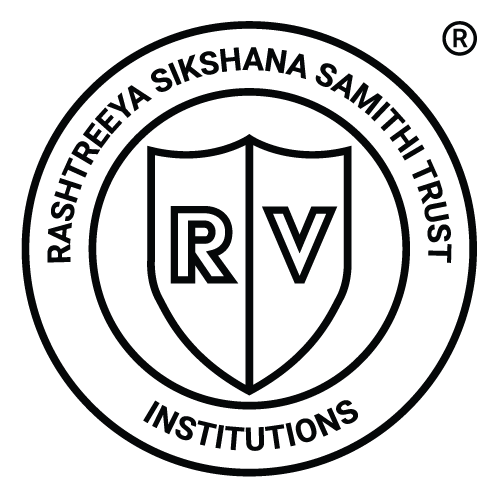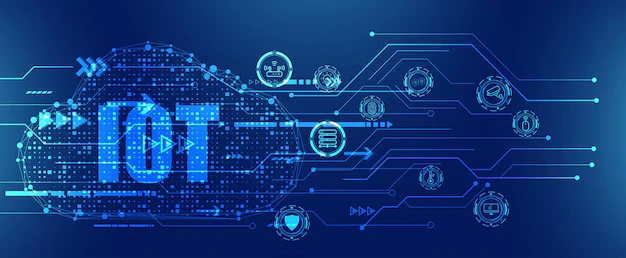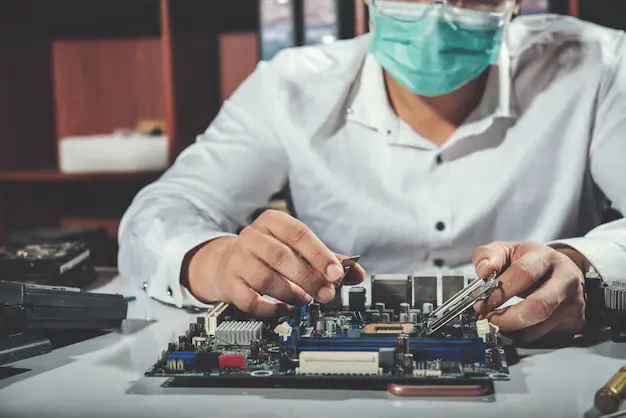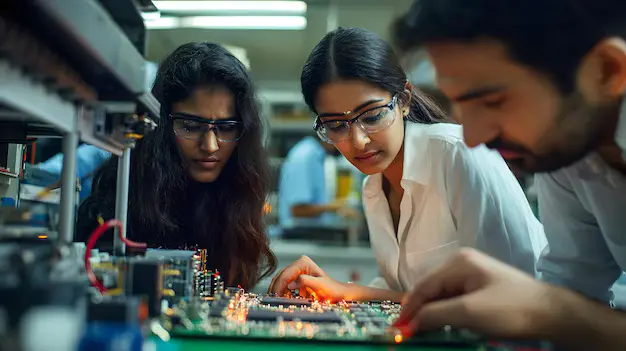The Internet of Things (IoT) is no longer just a futuristic concept — it’s the driving force behind today’s smart, connected world. From smart homes and wearable devices to intelligent manufacturing systems and autonomous vehicles, IoT has revolutionized the electronics industry by merging hardware, software, and data intelligence.
For electronics and computer engineers, understanding IoT is no longer optional — it’s essential. The demand for IoT developers, embedded engineers, and data integration specialists has skyrocketed as industries shift toward smarter and more automated systems.
At RV Skills, we train aspiring engineers to master IoT technologies through practical, project-driven learning, bridging the gap between electronics and intelligent systems. This beginner’s guide will help you understand how IoT is transforming the electronics industry and why it’s one of the most promising career paths today.
What Is the Internet of Things (IoT)?
The Internet of Things (IoT) refers to a network of interconnected devices — from tiny sensors to large industrial machines — that collect, share, and analyze data in real time.
Every IoT system has three main components:
- Hardware (Devices and Sensors): Collects data from the environment.
- Connectivity (Network): Transfers data through Wi-Fi, Bluetooth, or cellular connections.
- Software (Cloud & Analytics): Processes and analyzes data to make intelligent decisions.
In simple terms, IoT connects the physical and digital worlds — allowing devices to communicate, collaborate, and respond intelligently.
How IoT Is Transforming the Electronics Industry
IoT has redefined how electronics are designed, manufactured, and used. It has shifted the focus from standalone hardware to connected ecosystems, enabling devices to gather insights, adapt to users, and operate autonomously.
Let’s explore some of the biggest ways IoT is transforming the electronics industry:
1. Smart Manufacturing (Industry 4.0)
IoT-powered machines monitor themselves, predict maintenance needs, and optimize production in real time. Smart factories reduce downtime and improve efficiency using sensors and automation.
Example: Predictive maintenance systems in semiconductor fabrication plants.
2. Consumer Electronics Revolution
Smart TVs, wearables, and voice assistants have made everyday devices more interactive and personalized. IoT enhances user experience by integrating devices with AI and cloud analytics.
Example: Alexa, Google Nest, and smartwatches.
3. Automotive and Mobility Innovation
IoT has transformed vehicles into connected computers on wheels. From real-time navigation to autonomous driving, IoT enables data sharing between cars and infrastructure.
Example: Tesla’s over-the-air software updates and smart car diagnostics.
4. Healthcare Transformation
In healthcare, IoT enables remote patient monitoring, wearable health trackers, and real-time diagnostics. These innovations improve accessibility and preventive care.
Example: Smart ECG monitors, glucose sensors, and IoT-enabled medical equipment.
5. Energy and Smart Grid Systems
IoT helps manage energy efficiently through smart meters, connected grids, and automation in renewable energy systems.
Example: Smart grids balancing supply and demand in real-time.
6. Supply Chain and Logistics Optimization
IoT sensors track inventory, monitor shipping conditions, and ensure timely deliveries — boosting transparency and reducing operational costs.
Example: IoT-enabled cold storage and fleet tracking systems.
Core Technologies Driving IoT in Electronics
To understand how IoT works, you need to know the technologies that power it:
- Sensors and Microcontrollers: Collect real-time data (e.g., temperature, pressure, motion).
- Embedded Systems: The backbone of IoT devices that combine hardware and firmware.
- Cloud Computing: Stores and processes massive data from connected devices.
- Edge Computing: Processes data locally for faster response times.
- Artificial Intelligence (AI) and Machine Learning (ML): Enable smart decision-making and automation.
- 5G and Connectivity Protocols: Ensure fast and reliable communication between devices.
Career Opportunities in IoT for Engineers
IoT offers exciting opportunities across electronics, software, and data domains. Engineers skilled in IoT development, embedded programming, and analytics can build strong, future-proof careers.
Popular Job Roles:
- IoT Developer – Designs and integrates connected systems.
- Embedded Engineer – Develops firmware for IoT devices.
- IoT Hardware Engineer – Works on sensor design and device integration.
- Data Analyst (IoT Analytics) – Interprets data generated by connected devices.
- Cloud IoT Architect – Designs large-scale IoT infrastructure.
Essential Skills for IoT Engineers:
- Proficiency in C, C++, and Python
- Knowledge of Microcontrollers (ARM, ESP32, Raspberry Pi)
- Experience with IoT Protocols (MQTT, CoAP, HTTP)
- Understanding of Cloud Platforms (AWS, Azure, Google Cloud)
- Basic grasp of AI/ML for IoT analytics
Top Companies Hiring IoT Professionals:
- Bosch, Cisco, Intel, Siemens, IBM, Samsung, Amazon, and Wipro.
The Future of IoT in Electronics
By 2025, it’s estimated that over 30 billion IoT devices will be connected globally. The electronics industry will rely heavily on IoT to enhance automation, sustainability, and innovation.
Emerging trends like AI-driven IoT (AIoT), Edge Computing, and 5G connectivity will push the boundaries of what’s possible — making devices smarter, faster, and more efficient.
IoT isn’t just reshaping technology; it’s reshaping how engineers think, design, and create. Those who understand both hardware (VLSI, embedded systems) and software (AI, data analytics) will lead this revolution.
How RV Skills Helps You Build an IoT Career
At RV Skills, we prepare students for the IoT-driven future through project-based learning, industry-certified courses, and hands-on experience with real IoT systems. Our training bridges the gap between traditional electronics and smart connectivity.
What You’ll Learn:
- IoT architecture and protocols
- Embedded C and Python programming
- Microcontroller interfacing and hardware debugging
- Cloud connectivity and IoT data management
- Building real-time IoT projects (home automation, sensor networks, etc.)
By combining technical expertise with practical exposure, RV Skills ensures you’re ready to take on IoT roles in top global organizations.
The Internet of Things is transforming the electronics industry like never before — turning everyday devices into intelligent systems that can sense, learn, and communicate. For engineers, IoT isn’t just a career trend; it’s the foundation of the next industrial revolution.
If you’re an aspiring electronics or computer engineer, this is the best time to start your IoT journey. Learn how to design, connect, and innovate with RV Skills, where we turn curious learners into industry-ready IoT professionals.
Join RV Skills today — and become part of the IoT revolution shaping the world of electronics.





